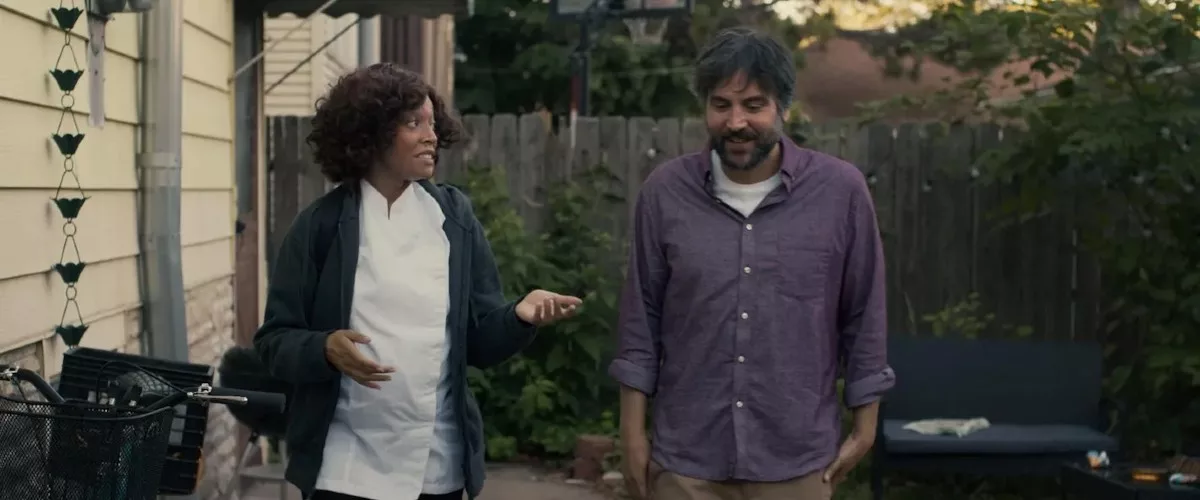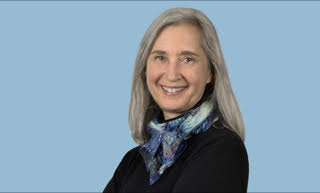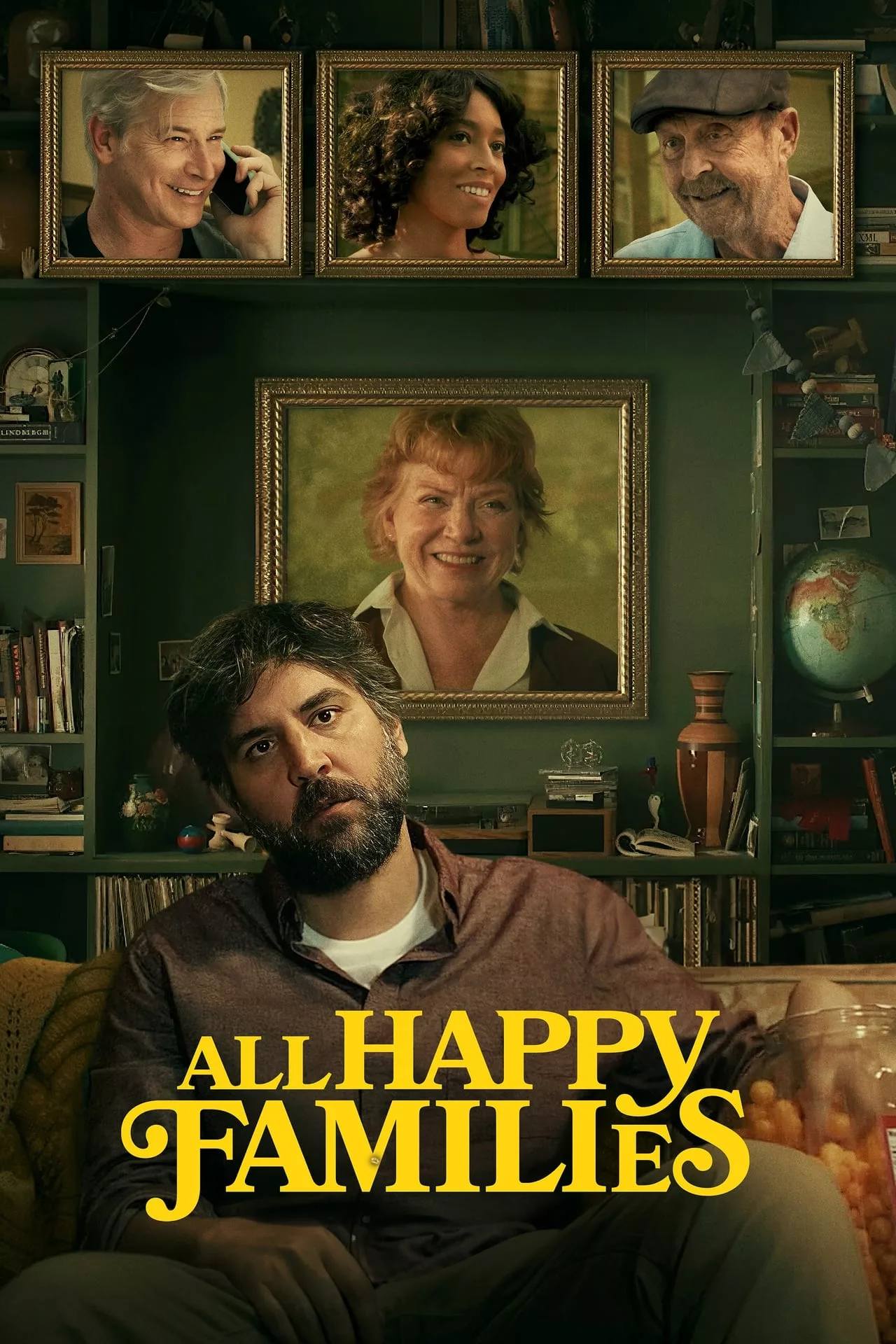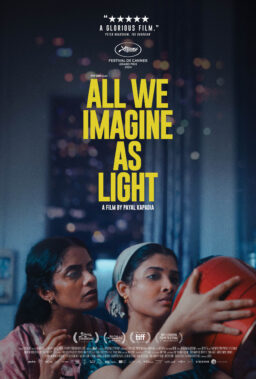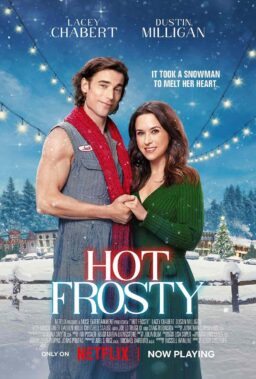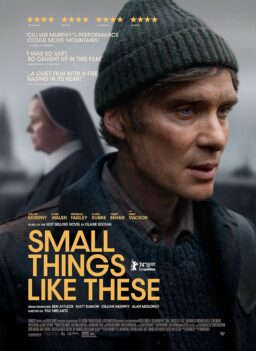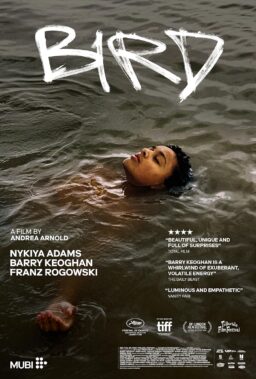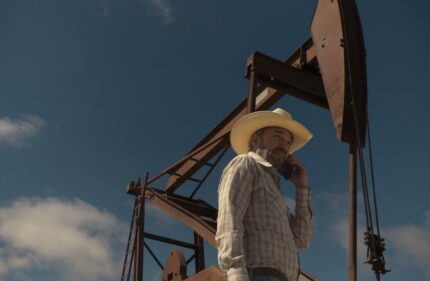Strong performances by an excellent cast transcend heavy-handed metaphors and a meandering storyline in "All Happy Families." The title is inspired by the famous first line of Anna Karenina, which states that all happy families are alike, but every unhappy family is unhappy in its own way. It is not wrong to call the family in this story happy because the Landrys, two adult sons and their parents, are unhappy and get on each other's nerves. This is not one of those soul-shredding family gatherings filled with bitterness, despair, and recrimination, like "The Humans" or "August: Osage County."
The Landrys may experience some jealousy and disappointment, but there is never any doubt that they have what families need; they talk to each other, care about each other, want the best for each other, and are willing to help each other. Okay, they may be more or less willing to help each other and are sometimes willing to. Instead, they make things worse and may not be as self-aware as they should be. But in general, their intentions are good.
The two adult sons are Graham (Josh Radnor), an unsuccessful actor and would-be writer who is jealous of his successful brother, Will (Rob Huebel), co-star of a popular television series. Will plays the father of the show's star, a teenage girl. The Landry parents are the ultra-reliable Sue (Becky Ann Baker, who almost steals the film) and Roy (John Ashton). Sue is about to retire from her long-time job as an administrative assistant, the kind who runs the office, and the unreliable Roy drinks too much and has a gambling problem. At her retirement party, Sue says that after so many years, it was time to leave either her boss or her husband. Roy dourly says that she tells that joke too often.
Will, the most financially stable, owns what was once the family home, now a duplex. Graham lives there and is responsible for renting out the other half. Sue and Roy come over to paint the other apartment and prepare it for a new tenant. No one addresses a problem we see with Graham in the first scene, as a sympathetic plumber (Antoine McKay) runs a camera down a pipe in the house, revealing a dead rat and even more disturbing problems.
That's a heavy-handed metaphor: the house represents the family's failure to address the fundamental issues as they distract themselves with cosmetic fixes. It also represents the family's inability to separate, with Graham still stuck in his childhood room and both resenting and relying on Will as his landlord and, if he will submit Graham's script to his series' showrunners, avenue for opportunity. That script has Will's character off-screen for the entire episode, which is not difficult for Will or us to recognize as hostile.
Sue's retirement is not the only major change the family is facing. The new tenant in the duplex is Dana (Chandra Russell), an old classmate of Graham's. While we do not learn the details about their past, it is clear there is an immediate warmth and an attraction strong enough to wake Graham out of his torpor. Will's career is in jeopardy over some allegations of misbehavior. He wants to retreat to the house for a while. Sue is having trouble with her former boss, who grabbed her breast at the retirement party and wants to keep calling her. Another family member (Ivy O'Brien) shows up unexpectedly, newly out as trans, giving us a chance to see, despite their flaws, how warmly supportive the Landrys are. The scene with Ivy and her grandmother, Sue, is especially tender.
Director Haroula Rose, who co-wrote the film with Coburn Goss, gives it a leisurely, lived-in feeling. The actors, especially Baker, bring layers to the characters that hold our interest, earn our affection, and make us reconsider Tolstoy—there is more than one way to be a happy family.
